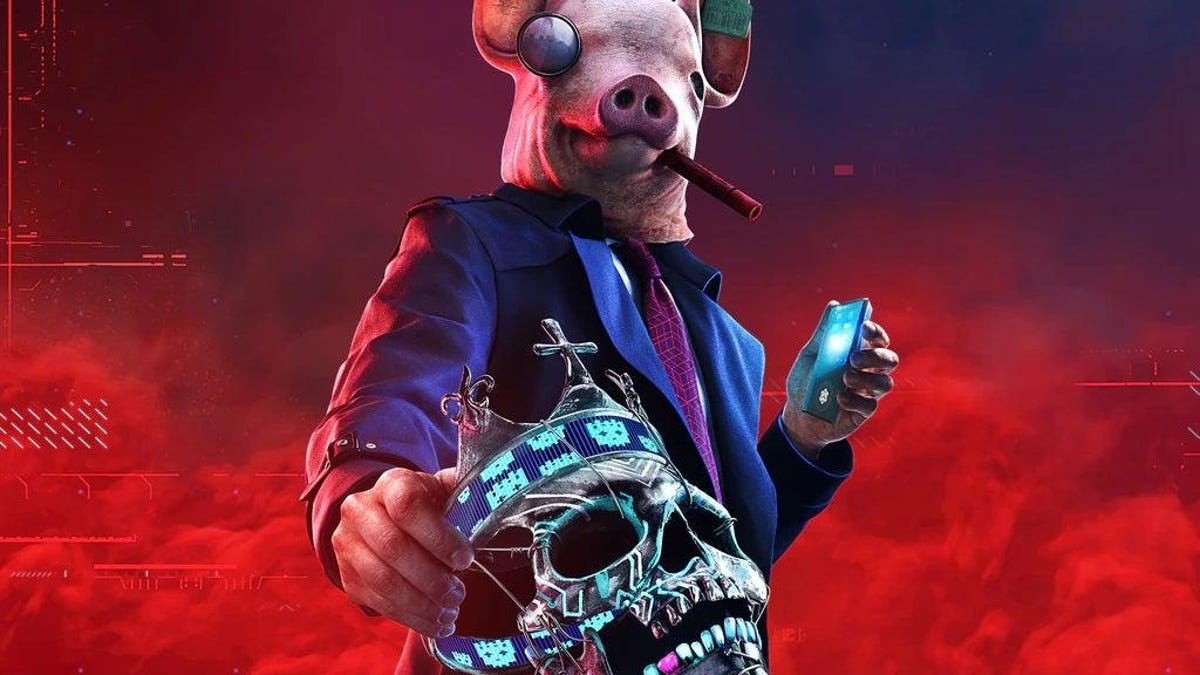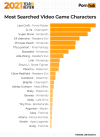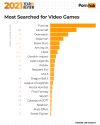You are using an out of date browser. It may not display this or other websites correctly.
You should upgrade or use an alternative browser.
You should upgrade or use an alternative browser.
- Status
- Not open for further replies.
Dr. Disrespect has started his own gaming studio, The Midnight Society.
Robert Bowling is the studio lead (fourzerotwo from the old CoD days)
And Quinn Delhoyo who was at 343.

 www.dexerto.com
www.dexerto.com
Robert Bowling is the studio lead (fourzerotwo from the old CoD days)
And Quinn Delhoyo who was at 343.

Dr Disrespect launches Midnight Society game studio with ex-CoD and Halo devs - Dexerto
Dr Disrespect has officially launched his long-rumored game studio alongside two other gaming industry veterans.
Last edited:
Interesting.
At the end of the day, all I know is if a game is coming to Gamepass, I'm not buying that game.
At the end of the day, all I know is if a game is coming to Gamepass, I'm not buying that game.
I dono, maybe to some?He's a prophet?
But if he does, he’d know numbers and probably isn’t allow to release/mention them, well specifically, I guess.
He said traditional purchasing isn't going anywhere and I don't know if that will always be the case.I dono, maybe to some?
But if he does, he’d know numbers and probably isn’t allow to release/mention them, well specifically, I guess.

Response to Congestion (as of Dec. 15) | FINAL FANTASY XIV, The Lodestone
Response to Congestion (as of Dec. 15)

Real data: inside Epic's plans for Epic Games Publishing
The Apple vs. Epic trial serves up one last data iceberg.
In following up our deep dive into Devolver's financials, there was one extra thing we wanted to point out. In these mammoth documents for public markets, there's often a 'risks' section. It's filled with tedious, but legally necessary disclaimers as to why the business might not succeed.
But there was one risk in Devolver that the company has clearly been thinking about, so I'm reprinting in full: "New models may restrict the Group's game sales:There has been a notable increase in recent years in subscription-based gaming models such as… PlayStation Now, Google's Stadia, Apple Arcade and Microsoft Game Pass, whereby players pay a monthly fee for access to a range of games.
In order to secure exclusive content to attract consumers to the platform, platforms will often partially or fully fund a game's development costs in return for exclusive distribution rights for the title for a fixed period post-launch. In the event that Devolver adopts this distribution model, it may limit the financial upside for highly successful games until the exclusivity agreement expires."
This particular risk is around the 'timed exclusive'. But the idea of capped upside has absolutely been an issue in the streaming TV/film space. For example, Netflix "buys shows at a rate of the cost of production plus about 30 percent of production costs, but it retains most of its future licensing rights."
So it's really much closer to work for hire - with very nice overheads, and you get paid no matter how it does. (Maybe game platforms like Xbox/Netflix buying developers is sorta a version of the 'cost plus' model, now I come to think of it?)
But no, this 'cost plus' model isn't coming to games in exactly the same form. Xbox has made the point repeatedly that you can design revenue upside into the games you license to Game Pass. And you can have titles out on lots of console/PC platforms at once - unlike Netflix which just buys your entire show, forevermore.
Yet I do think the issue of 'who quantifies and retains the upside from a big subscription service hit?' is a valid one - and ain't going away. And very interesting to see it mentioned in a publisher 'risks' document

Bill Gates Apparently Put "A Lot Of Pressure" On Xbox's Team Leaders To Respond To The Wii Craze
And so Kinect was born

Bill Gates Apparently Put "A Lot Of Pressure" On Xbox's Team Leaders To Respond To The Wii Craze
And so Kinect was born

Ubisoft Devs Don’t Understand Company’s NFT Push, Either
Ubisoft developers are worried about having to put NFTs in their games
 kotaku.com
kotaku.com
No matter what people say Kinect sold close to 30M so it did the job. Just came out as the fad was cooling down and was flooded with the same basic mini games with only a handful of titles actually trying to do something different.
Right, you’d think cortana, aloy, master chief or kraptos would be on there instead…what ever floats your boat dude, I don’t judge.Super Mario.……
If it looks great.... then who cares? Seriously. Bragging rights? How petty...
- Status
- Not open for further replies.
Share:








